“We don’t know if it will work, but let’s see” said my daughter and her friends on a new contraption they had built. That took my mind back to a business meeting earlier in the day, where business leaders had preferred tried and tested solutions. They valued certainty more than experiments and ideas. We encourage exploration in children but as adults we look for certainty. Why does this happen? What role does uncertainty play in learning, experiments, and growth? Let us explore these ideas in this edition of the Agile OWL.
Certainty
Certainty is defined as “a firm belief, one that you do not doubt”. Uncertainty on the other hand is defined by the wiki as “situations involving imperfect or unknown information.” Merriam Webster further adds that uncertainty is a range. It can extend from just being short of certain to a complete lack of conviction. Does this situation of imperfect and incomplete information seem common to you in your role?
Uncertainty is not new. Ancient civilizations had urged us to embrace it too, no matter how hard it was. Here are a few thoughts from them:
“Surety brings ruin.”
The ancient Greeks warned us about certainty more than 2,500 years ago. Inscribed on the Temple of Apollo at Delphi is the above!
“Doubt is an uncomfortable condition, but certainty is a ridiculous one”.
Voltaire the 18th century philosopher
While we have all been forewarned and urged to embrace uncertainty, it still doesn’t come easy. Why is that so? We looked at research to guide us.
Research on human craving for certainty
Research indicates there are fundamental reasons why humans avoid uncertainty. Here are a few of them:
1.Human brains are physiologically wired to eliminate uncertainty:
The brain is built to conserve energy. It ensures we process lesser and lesser information to consume lesser energy. Many a times we are not even aware of this filtering and decision making by our brain!.
Daniel Kahneman explains it in simple terms in his book “Thinking Fast and Slow“. He calls is System 1 and System 2 within the brain. System 1 reacts quickly. It does not keep track of alternatives and is not designed for conscious evaluation of choices. System 2 on the other hand embraces uncertainty and doubt. It challenges assumptions, and is the source of critical thinking and testing hypothesis.
In short, certainty is easier on the brain than uncertainty. Uncertainty requires more mental effort which the brain does not volunteer for! The brain must be volunteered for it 🙂
2.Expectations of others:
The human physiological need to be certain is reinforced by the environment and expectations of others.
For instance, experts are paid to be sure. We balk at doctors who show uncertainty or ask for second opinions. We reward CEO’s who exude confidence disproportionately, even when it shows no difference in performance as a Harvard study found!
3.Feeling of knowing:
A highly fallible memory and an over confidence on our knowledge usually complicates it further. Many a times being exposed to something gives us the ‘feeling of knowing it. We confuse familiarity with expertise. And are unable to distinguish between knowing something and the feeling of knowing it.
So now that we understand how the environment and human body respond to uncertainty, let’s explore the benefits!
Benefits of certainty and uncertainty
To be sure Certainty has its benefits.
Research published by Zakary and Dereck Rucker shows that certainty moves us towards action. We vote, buy, support when we are certain about it.
Uncertainty also brings with it a huge share of benefits. Research indicates that:
- Uncertainty moves us out of auto-pilot mode. It helps focus our attention and increases our information seeking behaviour.
- Uncertainty increases resilience, agility and the motivation to reach our goals!
- Being comfortable with uncertainty aids in creativity. A recent study published in the National Academy of sciences showed that the brains of creative people can better engage the default and intentional mode. (System 1 and 2)
Thereby creative, innovative, and new ways of working inherently need us to embrace uncertainty. An extension of that is that we embrace uncertainty by adopting an iterative and experimentative approach. So, two things become important here:
- An uncertain area to work on.
- An intentional effort (of iteration and experimentation) towards this area of work.
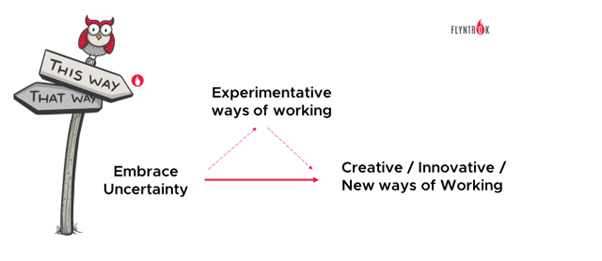
Questions to ask
Considering the key elements stated above, here are a few questions business leaders can ask of themselves and their teams:
- When was the last time you /your team worked on an uncertain area?
- Did your team choose one area and go all in? Or did they experiment with a few options before converging?
These will give you useful clues on how your team is currently handling uncertainty. We bring to you a story on how eBay handled uncertainty through iterations and experiments.
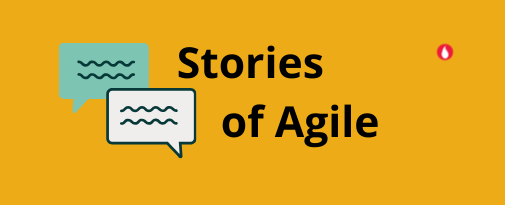
Agile Stories
This is a story of an experiment from booking.com.
Booking.com is an online travel booking company with revenues over 1096 crores USD. Booking.com’s experimentation culture and infrastructure are legendary. At any given hour they run 1,000 concurrent experiments and tests that can be deployed across 75 countries and in 43 languages. Here is one such story of an experiment.
The team at booking.com had a hypothesis that ‘Wi-Fi strength or internet speed’ was an important criterion for travelers, especially business travelers. So they designed an experiment where they displayed ‘Wi-Fi Strength – Strong’ on the hotel’s details. They measured the conversion % after displaying the Wi-fi strength details.
Surprisingly for the team, the test failed. Displaying wi-fi strength, did not lead to higher conversions in booking. Conversion % was what the team had agreed to measure as an indicator of success.
But the team did not stop there. They interviewed consumers in their research lab. From these interviews came an interesting insight. Travelers did not care so much about the internet strength but were more interested to know if they could watch Netflix and send emails without interruption! In scientific terms the jobs to be done through the internet was more important than the internet.
Armed with this data the booking.com team launched another experiment. Instead of saying ‘Wi-fi strength – strong’ they used labels like ‘Fast Netflix streaming’. These kinds of labels increased the conversion % of bookings.
Only after these experiments did the changes get deployed to all customers of booking.com. A great example of data driven decision making!
Note : This post is Edition 46 of the Agile OWL from the OWL umbrella. The Agile OWL is a newsletter focused on the human experiences and stories within agile transformations. Sign up to receive the newsletter here

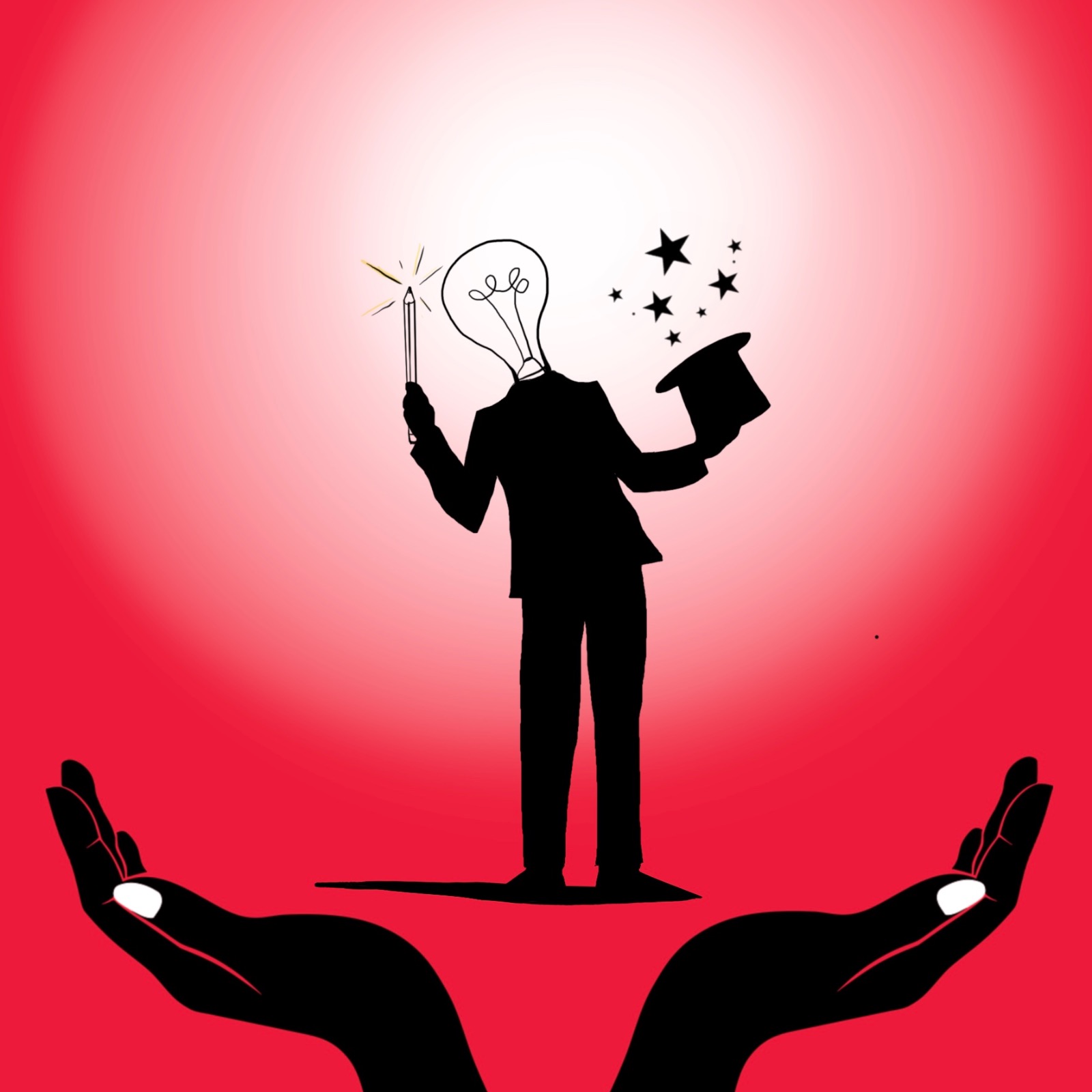
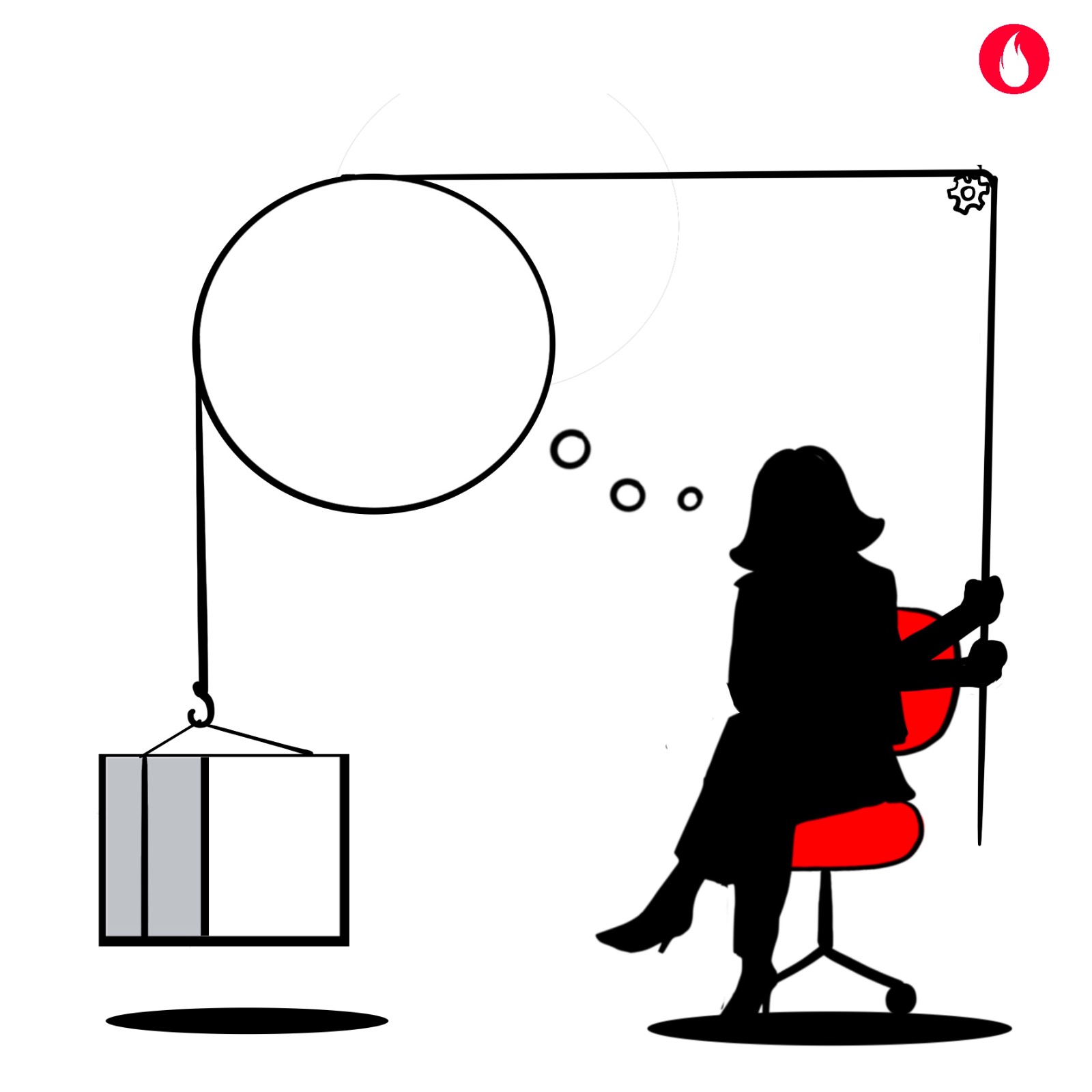
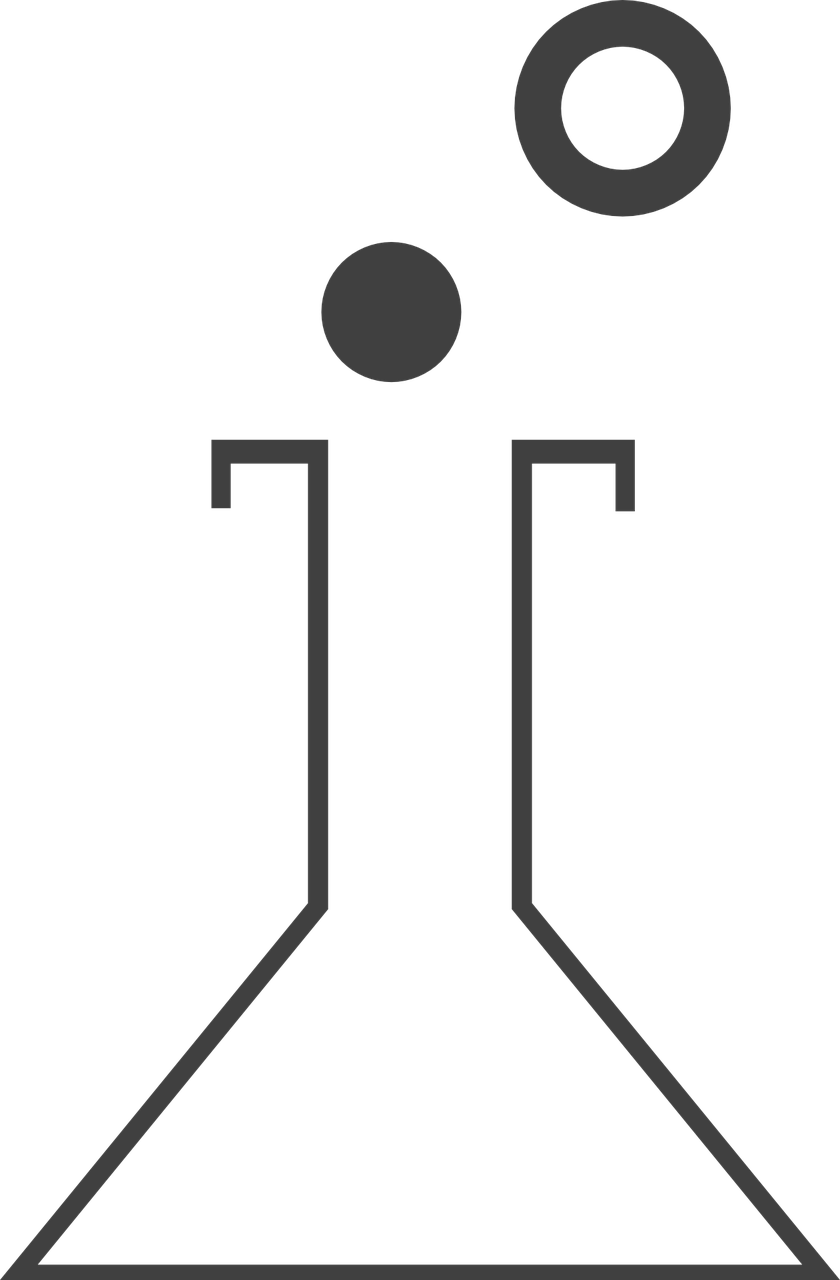
March 30, 2023, 11:00 am